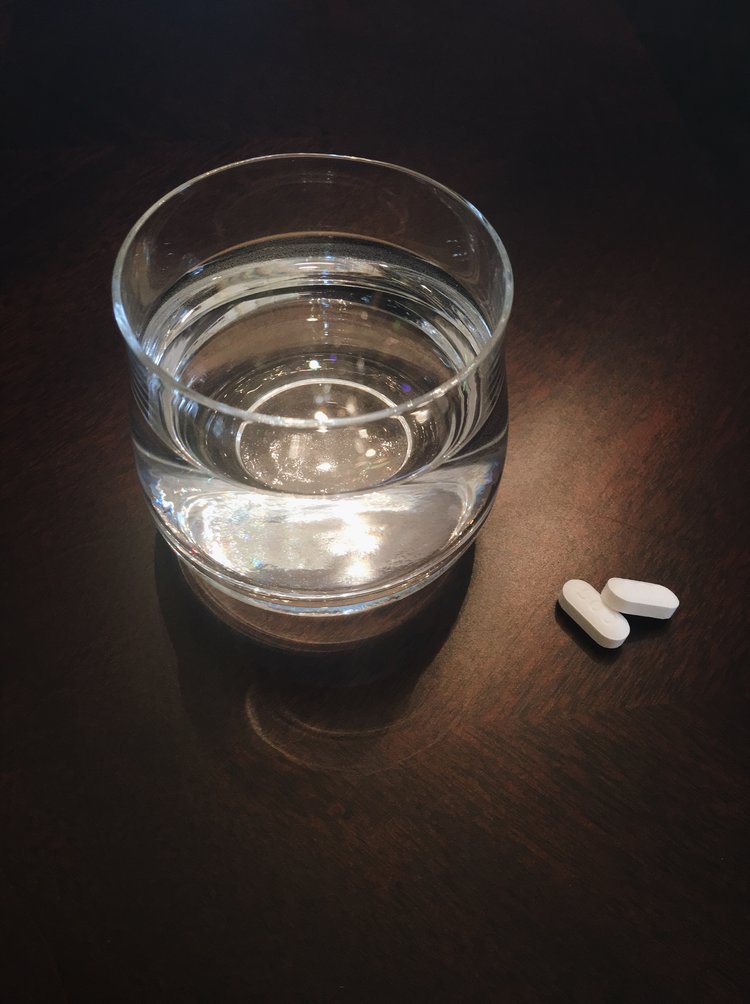There are many different types of health care professionals who can help with lactation and infant feeding, whether you are feeding your baby your milk, donor human milk, or formula. In many cases, questions on this topic can be answered by your health care team. However, many health care team members receive only limited training […]
Baby Feeding
Babies depend completely on their caregivers for comfort, care, love, and nutrition. Feeding is a big part of the 4th Trimester and beyond, because newborns need to eat often through the day and night. Human milk is biologically designed to feed human babies. Lactation (mothers producing milk) is also an important part of women’s health and recovery. Whether feeding baby at the breast, with a spoon, cup, bottle, or other methods infant feeding can be both deeply rewarding and difficult.
The information in this section outlines the importance of baby’s first food and practices for nutrition, growth, development, and health. Guidance is offered for managing feeding for the first six months, during which infants should only receive human milk (mother’s own milk or donor human milk) or formula (no water on its own, rice cereal, or solids). After 6 months of life, babies should continue to receive human milk or formula along with other developmentally appropriate foods.
The Carolina Global Breastfeeding Institute has a comprehensive resource on breastfeeding for new moms - click here to read it.
Infant feeding can be rewarding and challenging when multiple babies are involved. Here is a link to a great resource for parents of twins.
Note: The Academy of Breastfeeding Medicine has numerous free protocols on considerations and things to do in relation to breastfeeding with certain conditions. These topics include late preterm birth, NICU graduate, blood sugar, jaundice, tongue tie, low muscle tone, insulin-dependent diabetes, food allergies, and cleft lip or palate. Family, friends, and other supports will ideally listen to the mother’s experience of breastfeeding in these contexts and provide the care for her that she needs too. These materials were designed for health care providers so they may be hard to understand. We will continue to work on our content to design these for moms.
Topics in Baby Feeding
Drying Up Your Milk
Drying Up Your Milk
During pregnancy, hormones signal a woman’s body to prepare for milk production. Sometimes milk leaks from nipples prior to childbirth. For the first few days after birth, you may notice a thick, yellowish substance that can be expressed from your breasts. This is called colostrum. About 2-5 days after birth, colostrum will become whiter and […]
Weaning
Weaning
The World Health Organization recommends breastfeeding for two years or beyond, as mutually desired by mom and baby. When you want to or need to wean (meaning stop milk production), it’s best for your body to do so gradually. If you are actively seeking to stop milk production, see information about drying up your milk. […]
Conditions for Additional Support
Conditions for Additional Support
The Academy of Breastfeeding Medicine has numerous free protocols on considerations and things to do in relation to breastfeeding with certain conditions. These topics include late preterm birth, NICU graduate, blood sugar, jaundice, tongue tie, low muscle tone, insulin-dependent diabetes, food allergies, and cleft lip or palate. Family, friends, and other supports will ideally listen […]
Nurturing Your Baby
Nurturing Your Baby
When feeding baby there are some important things to know. In almost every situation, mother’s own milk is the biologically best milk for her baby. Human milk provides the nutrients baby needs to grow and be as healthy as possible. Human milk is easy for baby to digest; it changes in relation to surroundings and […]
Bottle, Cup, and Spoon Feeding
Bottle, Cup, and Spoon Feeding
Babies can be fed by a variety of methods in the 4th Trimester and beyond. At-breast feeding is optimal for infant development, but may not be possible or desired. In addition to supplemental nursing systems, methods of feeding mother’s milk or formula include by bottle, cup, or spoon feeding. When using a bottle, never prop […]
Formula
Formula
The Centers for Disease Control and Prevention (CDC) offers guidance on infant formula. Babies younger than age 12 months who are fed formula should be given a product specifically designed to meet their nutritional needs. Formula for toddlers, homemade infant formula, and formula imported from outside of the United States is not recommended. According to […]
Workplace or School
Workplace or School
There are many ways that places of work, schools, and other settings can accommodate infant feeding. Mothers and other infant caregivers should feel supported. Balancing infant feeding with other responsibilities takes time and emotional energy. The Academy of Breastfeeding Medicine states that helpful strategies include: This booklet from the Carolina Global Breastfeeding Institute has great […]
Milk Supply
Milk Supply
Women may experience under or oversupply of milk. Like “birth works,” breastfeeding too generally goes well. However, like with all aspects of our bodies, problems sometimes arise. Dr. Alison Stuebe has coined the term “lactastrophe” so referring to such problems. In addition to breast pain, conditions of concern include under or oversupply of milk. Undersupply […]
Baby Facts
Baby Facts
Knowing what you might expect as you feed your child in the early days and weeks of their life is helpful! Here are aspects of baby feeding that are typical: Stanford University offers videos developed by Dr. Jane Morton on a variety of infant feeding topics.
Emotions & Baby Feeding
Emotions & Baby Feeding
How we feel about infant feeding and how infant feeding is going is bidirectional. That means, supporting mothers’ emotions is important for baby care and women’s experiences of infant care impact emotions. This can be a positive cycle or a challenge. Ideally, health care team members and family and friends give mothers good support to […]
Medications and Herbal Supplements
Medications and Herbal Supplements
The safety of medications differ for mom-baby dyads between pregnancy and postpartum. Determining what treatment is most appropriate in any given situation can feel overwhelming, especially when your health care provider may not be very familiar with medications and breastfeeding. There are several free resources that can provide up-to-date information on medications in breastfeeding: For […]
Human Milk Storage
Human Milk Storage
Fresh milk is the highest quality for baby feeding, as refrigeration and freezing impacts the properties over time and also provides opportunity for bacterial growth (like with all foods). When storing expressed milk, consider doing so in increments similar to what you baby might use per feeding. The Academy of Breastfeeding Medicine (ABM) outlines milk […]
Expressing
Expressing
Mother’s milk can be expressed by hand, with a manual pump (operated by hand), or with a battery-operated or electric breast pump. The time it takes to express per session varies, but may average about 30 minutes. If using a pump, you can express one side at a time or both breasts at the same time. […]
Breastfeeding & Substances
Breastfeeding & Substances
Alcohol, tobacco, and drugs (e.g. marijuana, cocaine, heroin, and other drugs) can go from the mother to the baby through breastmilk and/or by second-hand smoke. Alcohol and Human Milk For alcohol, the Centers for Disease Control and Prevention says that “up to one drink per day is not known to be harmful to the baby, especially […]
Nighttime
Nighttime
Nighttime feeding and sleep are hard to cope with, especially in the first weeks. The Baby’s Sleep section provides an overview of common infant sleep patterns – most newborns sleep often but for short periods of time. Breastfeeding or expressing milk generally matches this pattern, with infant feeding occurring every few hours or more, around […]


















